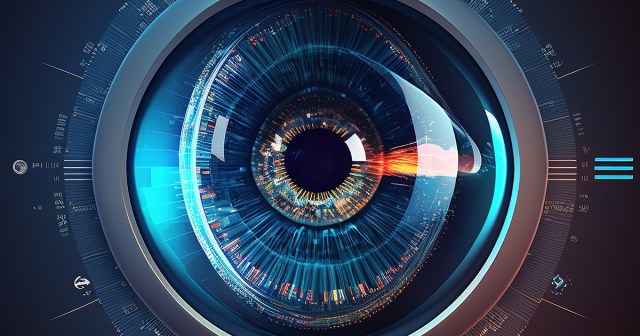TL;DR
- At SXSW, Brittany Kaiser, co-Founder of the Own Your Data Foundation, presented a framework for governments and legislators to help us all take back control of our personal data.
- Web3 tools can be used to create a new digital architecture which secures our digital identities and gives individuals the power of consent.
- The concept of digital identity means that we are able to use an identity that is not linked to our personally identifiable information in blockchain technology.
Each of us is producing exponentially more data than ever before but do we have any power of it at all? If data (outside health) is the most valuable asset we hold, shouldn’t we be more concerned about taking back control?
Big questions which Brittany Kaiser, co-founder of the Own Your Data Foundation, believes can be answered. Delivering a keynote address at SXSW, she urged a concerted effort to reset our relationship with the big tech ad machines governing our private information by embedding ownership of our data in Web3 technologies.
She’s not the first to chart our recent troubled history with data being siphoned off by Silicon Valley giants like Google and Facebook.
“Technology has been designed to be inherently extractive,” she said, “to extract as much value from individuals and pull that value up to the top of the supply chain, [where] multibillion dollar or even trillion dollar technology companies are mostly made up of our digital assets, our personal data, our behavioral data, everything about us.
“But somehow we, as the producers of that, don’t have any access to its value. How in this multitrillion dollar value chain do the producers of most of the value not really have access to that monetary value, let alone the process of the supply chain?”
It’s not just data on what we watch or what we shop for either. Even when we give permission for apps to work on our devices we’ve probably given them access to our calendar, GPS, your photos and videos – even have access to your camera and your microphone, even when you’re not using the app and when you have no trust basis with those organizations.
“This is why data rights is one of the most important topics in legislation, in regulation and human rights, in education, and of course, in the design of new technologies.”
Kaiser said there is a movement, of which she is part, to make technology more ethical with more individual empowerment, though admits the conversation at government levels has only just started.
She walked through the steps she thought needed to happen for us all to take back control. This begins with the ability to opt out which is now possible in Europe and being introduced in the US
The next step is consent and permission so that we understand and agree to the purpose to which our data is being used.
“We should be able to revoke that consent as well,” Kaiser said. “So the next step is accountability. A lot of the data architecture that is used in current technology has a lack of accountability, because if data is transferred, if data is shared or if data is deleted, often it’s not possible to tell that that has happened. Using current technologies, it’s very difficult to have that actual accountability.”
The next concept she talked about was ownership. Under most laws around the world, we do not own our personal information, she said. “Our personal information is either owned by the government or it is owned by the company that has collected it from us.”
All of this can be built using Web3 technologies to create a different data architecture.
“I really believe that blockchain technology has the ability to scale trust in a way that nothing else has been able to up to this point. In order to know that I can interact with anyone around the world without having to have a human trust between two people, we can build technologies that protect us so that I don’t need to trust the person I’m interacting with.”
Encryption, she said, can be used to make sure that our personally identifiable information doesn’t need to be shared unless we want it to be. It will ensure that every action we take online can be anonymized while our collective behavioral data can be used by companies and governments.
“The concept of digital identity means that we are able to use an identity that is not linked to our personally identifiable information in blockchain technology,” she said. “Hopefully we building as an industry enough tools where this is going to be very simple in the future.”
It’s not that data is by itself evil. “Big data can solve a lot of the world’s greatest problems,” she said. “That’s why most of the big NGOs, United Nations’ departments, governments, militaries, humanitarian aid organizations, all relying on large scale data sets and data science and data driven research. The more data we have, the more that we can see patterns, the more that we can predict what is going to happen before it does and intervene.
“So it is of the utmost importance that we as individuals, that our governments and technology companies, start to take these issues incredibly seriously so that we can make sure that the architecture of our digital lives starts to become more congruent with the ability for us to protect our rights.”



